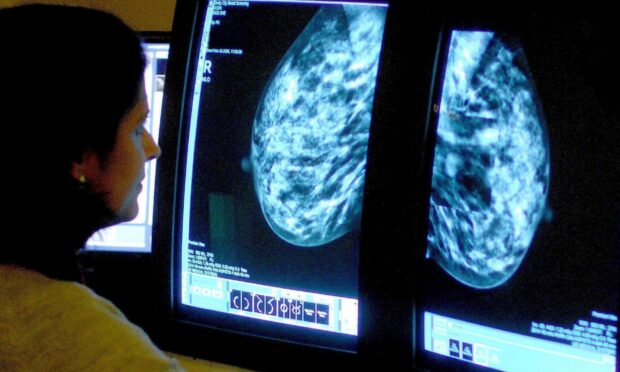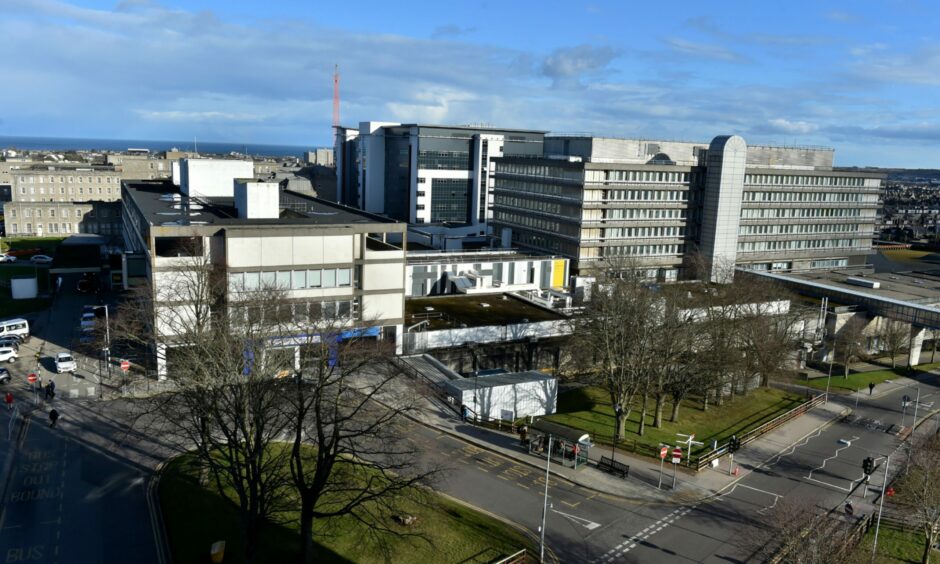NHS Grampian clinicians are trialing a new Artificial Intelligence (AI) programme to detect cancer cells that could have otherwise been missed.
Aberdeen University, NHS Grampian and Kheiron Medical Technologies have undertaken groundbreaking work to help breast cancer patients across the north-east.
After carrying out extensive research to establish how well an AI system can detect breast cancers, the team created the software Mia to better diagnose the disease.
The analysis, published in the journal Radiology: Artificial Intelligence, found that Mia was successful at identifying potentially missed cancers – known as interval cancers.
Those cancers are detected between screening visits and usually remain undiscovered until the women developed symptoms with the current screening measures.
It also suggested around 34% of the women who went on to develop cancer between mammograms would have been called in earlier if Mia had been used to assess them.
Radiology imaging researcher at Aberdeen University Clarisse De Vries, who led the data analysis, said the introduction of Mia in NHS Scotland is a “massive step forward”.
She said: “Currently, two experts examine each mammogram and decide whether the person should be invited back for additional investigations. If the two experts disagree, a third expert makes the final decision.
“Similar to a human expert, Mia can examine a screening mammogram and give an opinion as to whether that person should be invited back for additional investigations.
“Our finding is a massive step forward in using AI technology in diagnostic medicine – we showed that once ‘tuned’ to the local environment, AI can be of enormous benefit to clinicians and importantly, people who may be at risk of developing cancer.”
‘Huge potential for detecting cancers’
The three-year-long project was funded as part of the Artificial Intelligence Research in Digital Diagnostics by Innovate UK on behalf of UK Research and Innovation (UKRI).
From research to delivery, it included the analysis of 220,000 mammograms from more than 55,000 people to determine how effective the AI tool is.
The software programme will now be evaluated at Aberdeen Royal Infirmary before it is officially rolled out in clinical settings.
Ms De Vries said: “Our results show that AI, and in this case Mia, offers huge potential for detecting cancers that may otherwise be missed.
“Fundamentally however, our study shows that AI tools must be tested first and tuned for the local population and conditions and we have been fortunate to have been able to do just that here in Grampian.
Professor Roger Staff, head of imaging physics at NHS Grampian, added: “This is a critical study, identifying the steps required to get this technology into service.
“Although the results indicate that the technology is not quite ‘plug and play,’ it has the potential for major health and operational gains for the service.”


Conversation